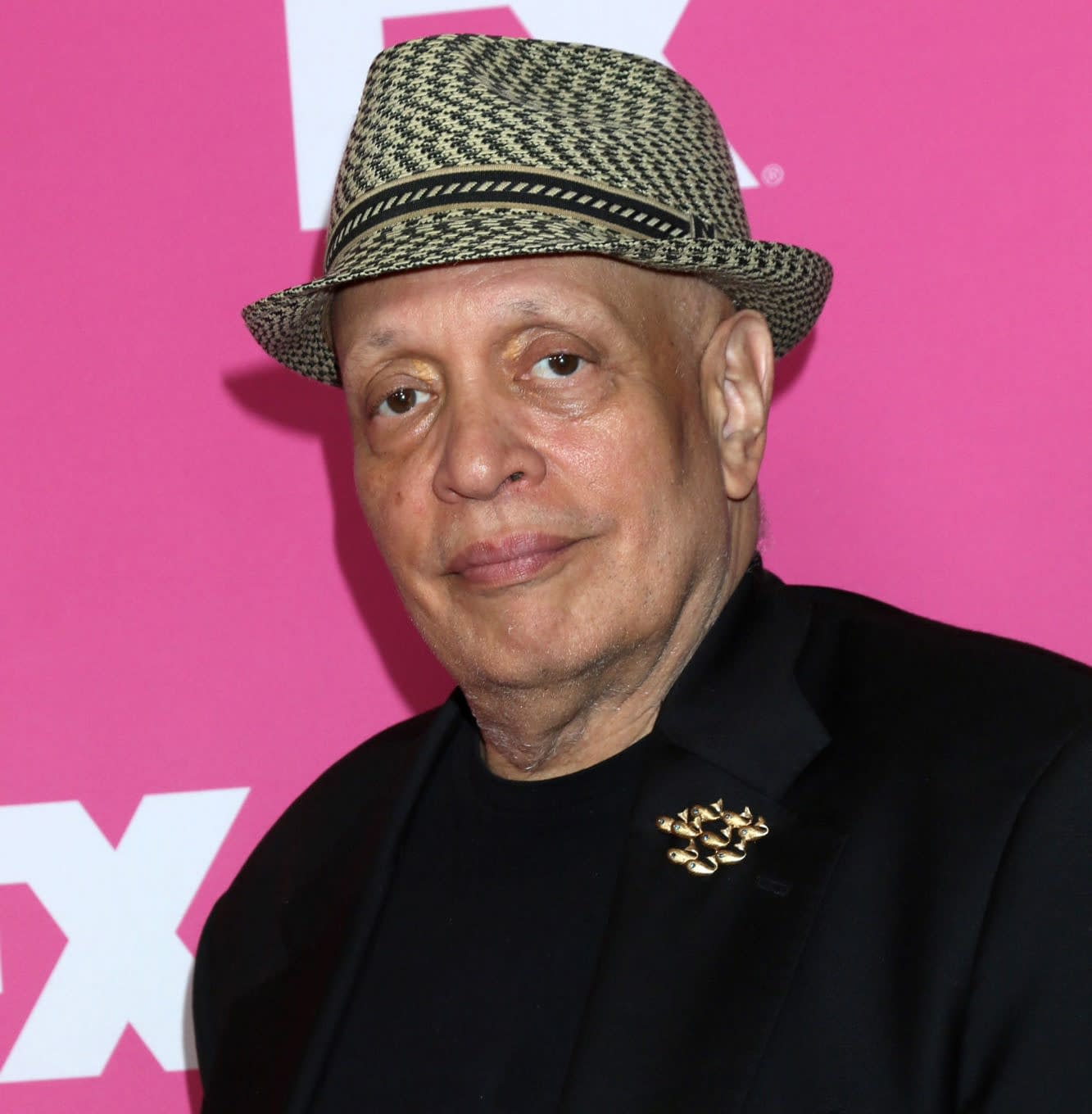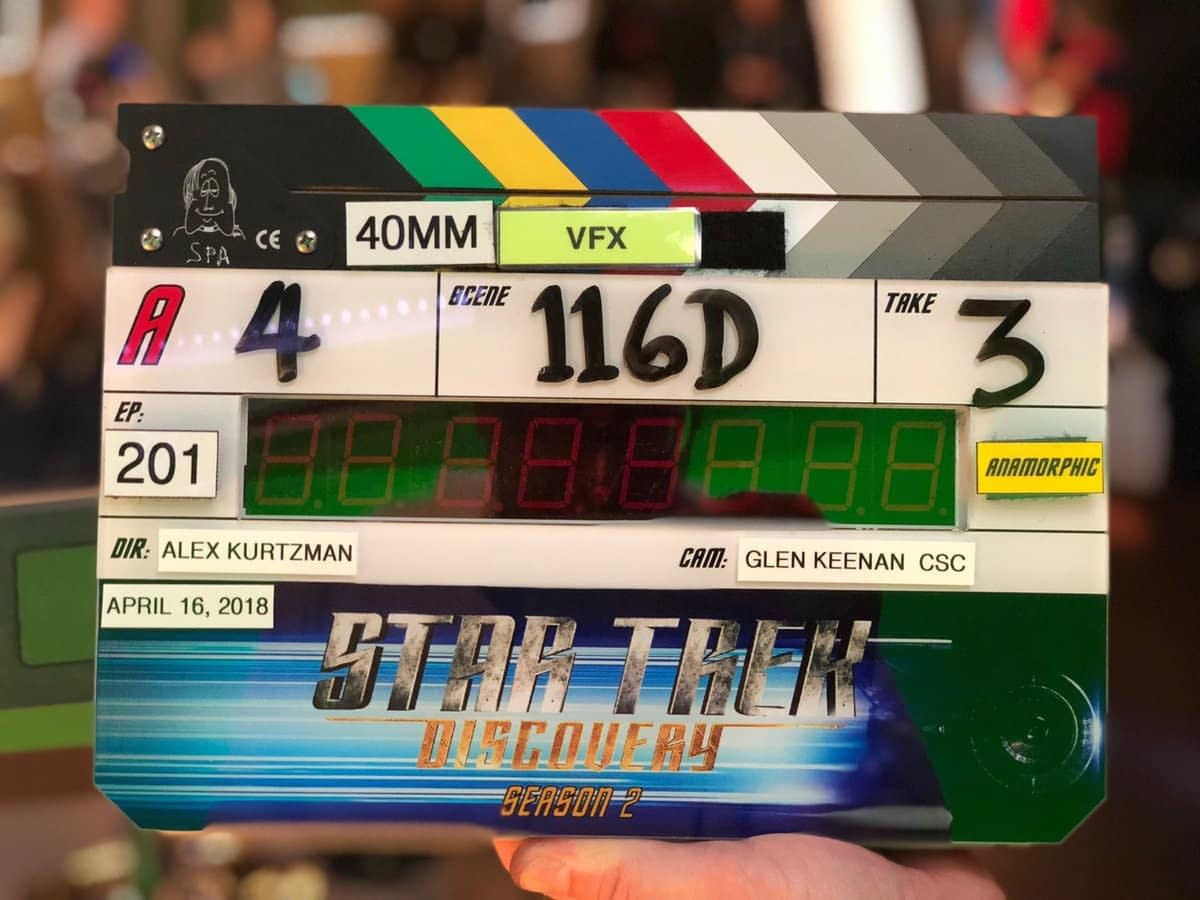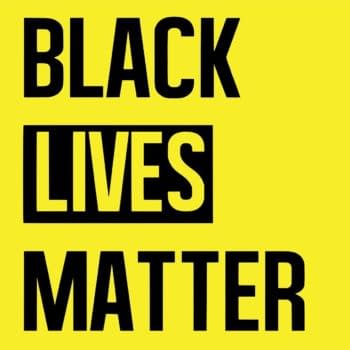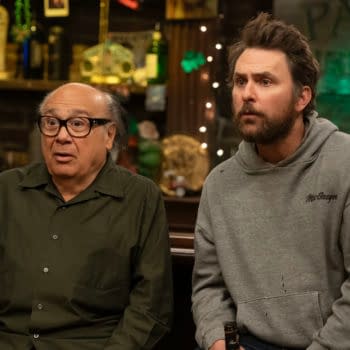Posted in: CBS, Star Trek, TV | Tagged: bleeding cool, cable, cbs all access, cbs television studios, star trek: discovery, streaming, television, tv, walter mosley, writers room
"Star Trek: Discovery" – Walter Mosley Quits Writers' Room Over Objections to His N-Word Use
Author and screenwriter Walter Mosley is very unhappy with a recent experience in a television writers room. Going public with his experience, Mosley wrote an opinion piece, published on Friday in the New York Times entitled "Why I Quit the Writers' Room." In the article, the author claims that Human Resources threatened him with termination for using the N-word in a writers room. While Mosley doesn't say which writers room he was working in, The Hollywood Reporter claims that Mosley's article relates his experiences working on CBS All Access's Star Trek: Discovery.

In his opinion piece, Mosley openly admits to using the N-word multiple times in the writers room in question. He explains that he used the word while relating an event that happened to him, and that his use of the N-word quoted someone else. Mosley then describes what happened next:
"I'd been in the new room for a few weeks when I got the call from Human Resources. A pleasant-sounding young man said, "Mr. Mosley, it has been reported that you used the N-word in the writers' room."
I replied, "I am the N-word in the writers' room."
…
Someone in the room, I have no idea who, called H.R. and said that my use of the word made them uncomfortable, and the H.R. representative called to inform me that such language was unacceptable to my employers. I couldn't use that word in common parlance, even to express an experience I lived through."

Mosley didn't need to name the studio or the show in his piece. He doesn't need to name names to make his point. The author feels that by reprimanding his use of the N-word in this instance, Mosley's former employer censored his own life experience. In his own words:
"There I was, a black man in America who shares with millions of others the history of racism. And more often than not, treated as subhuman. If addressed at all that history had to be rendered in words my employers regarded as acceptable."
He goes on to make a wider point about the history of discrimination and racism making others, especially white people, "uncomfortable," and that some discomfort is necessary for growth. However, Mosley then attacks the studio's Human Resources department for not naming the co-worker who made the complaint – accusing the co-worker of "surveilling" him:
"And furthermore, I do not believe that it is the province of H.R. to make the decision to keep my accusers' identities secret.
…
My answer to H.R. was to resign and move on. I was in a writers' room trying to be creative while at the same time being surveilled by unknown critics who would snitch on me to a disembodied voice over the phone. My every word would be scrutinized. Sooner or later I'd be fired or worse — silenced."

Being an artist and writer, maybe Mosley has been working mostly as an independent contractor, or for smaller companies that don't have a HR. Because while Mosley's story is disturbing for many reasons, HR keeping the complaint anonymous is pretty typical. Someone in the writers room felt uncomfortable with what Mosley said and reported it to HR. Most of the world would not consider that action "snitching" or "surveillance," but a fair and standard way of dealing with this kind of conflict in the workplace. Not everyone is comfortable with direct confrontation. It was the actions after the complaint was made, and the way it was dealt with by HR, that created the current problems at hand – not the complaint itself.
According to The Hollywood Reporter, the Discovery writers room contains African-American, Asian-American, Native American, Latinx, and white writers. Any one of those writers could have taken issue with Mosley's use of the N-word – for any number of personal yet also-relevant reasons. Targeting the complaint itself and the colleague who made it, seems to support HR's decision to protect the person who made the complaint.

CBS Television Studios released the following statement in response to Mosley's story, seemingly confirming THR's report that Discovery was the writers room in question. The studio's statement neither confirms nor denies Mosley's account, but it does seem to support the overall backstory to Mosley's complaint.
"We have the greatest admiration for Mr. Mosley's writing talents and were excited to have him join Star Trek: Discovery. While we cannot comment on the specifics of confidential employee matters, we are committed to supporting a workplace where employees feel free to express concerns and where they feel comfortable performing their best work. We wish Mr. Mosley much continued success."
Issues regarding race in general – and the N-word specifically – have troubled television and film studios since the beginning of the industry. Mosley's op-ed is a valuable contribution to that ongoing dialogue, and will hopefully serve to further the effort. As writers rooms and other creative spaces become increasingly inclusive, these individuals will share life views and experiences that cause others to feel uncomfortable or offended.
Studios will need to find a way to respect the stories of these writers and artists while also giving other employees the room to voice their discomfort. The solution will likely involve dialogue and will definitely not include banning particular words or concepts absent of consideration of context. While it won't help Mosley in this instance, the effort is worth it. Discussions like this are the whole point of having a diverse writers room in the first place.







![Too Many Streaming Services? Blame Wall St, Not Cord-Cutters [OPINION]](https://mlpnk72yciwc.i.optimole.com/cqhiHLc.IIZS~2ef73/w:350/h:350/q:75/rt:fill/g:ce/https://bleedingcool.com/wp-content/uploads/2019/07/stream-1-350x350.jpg)






